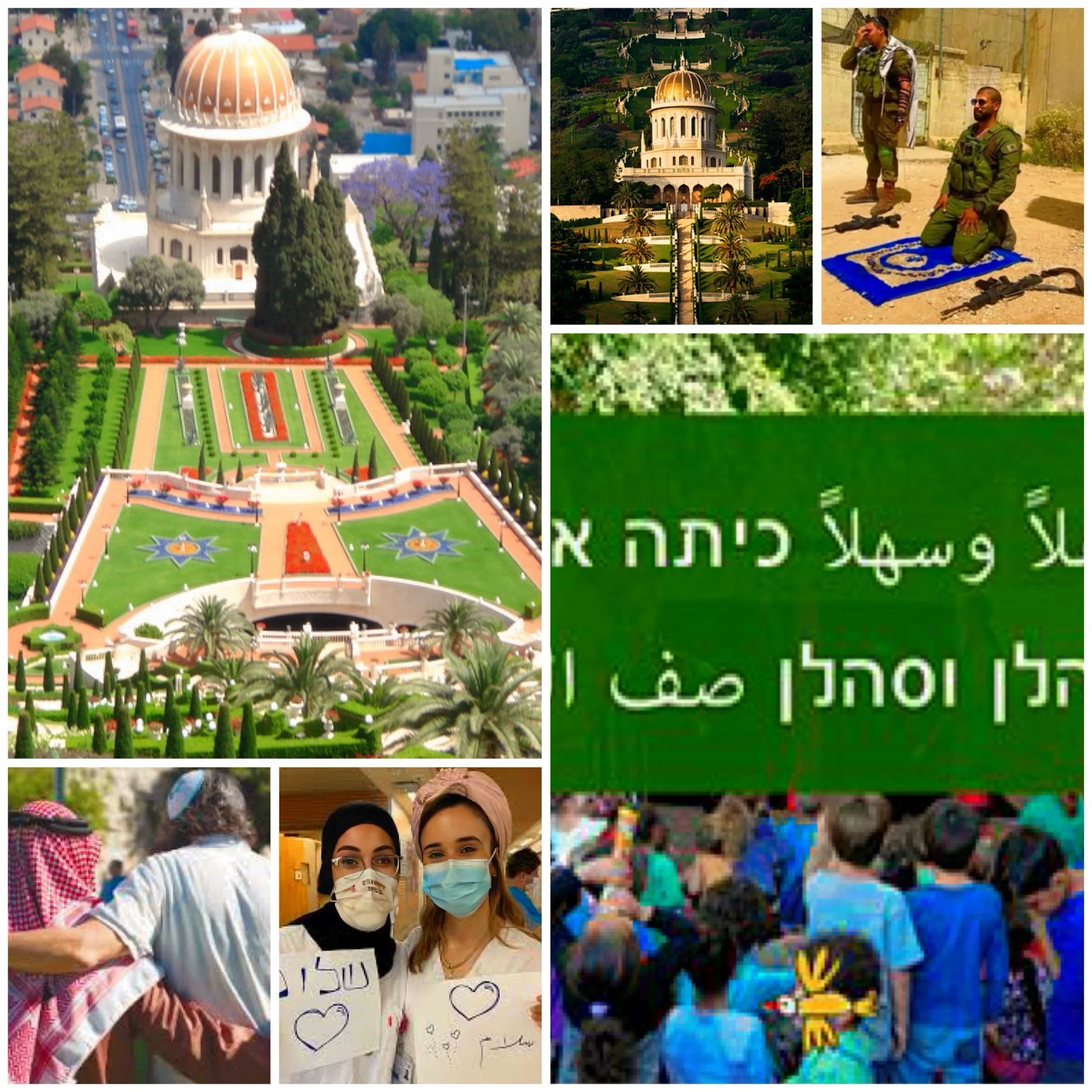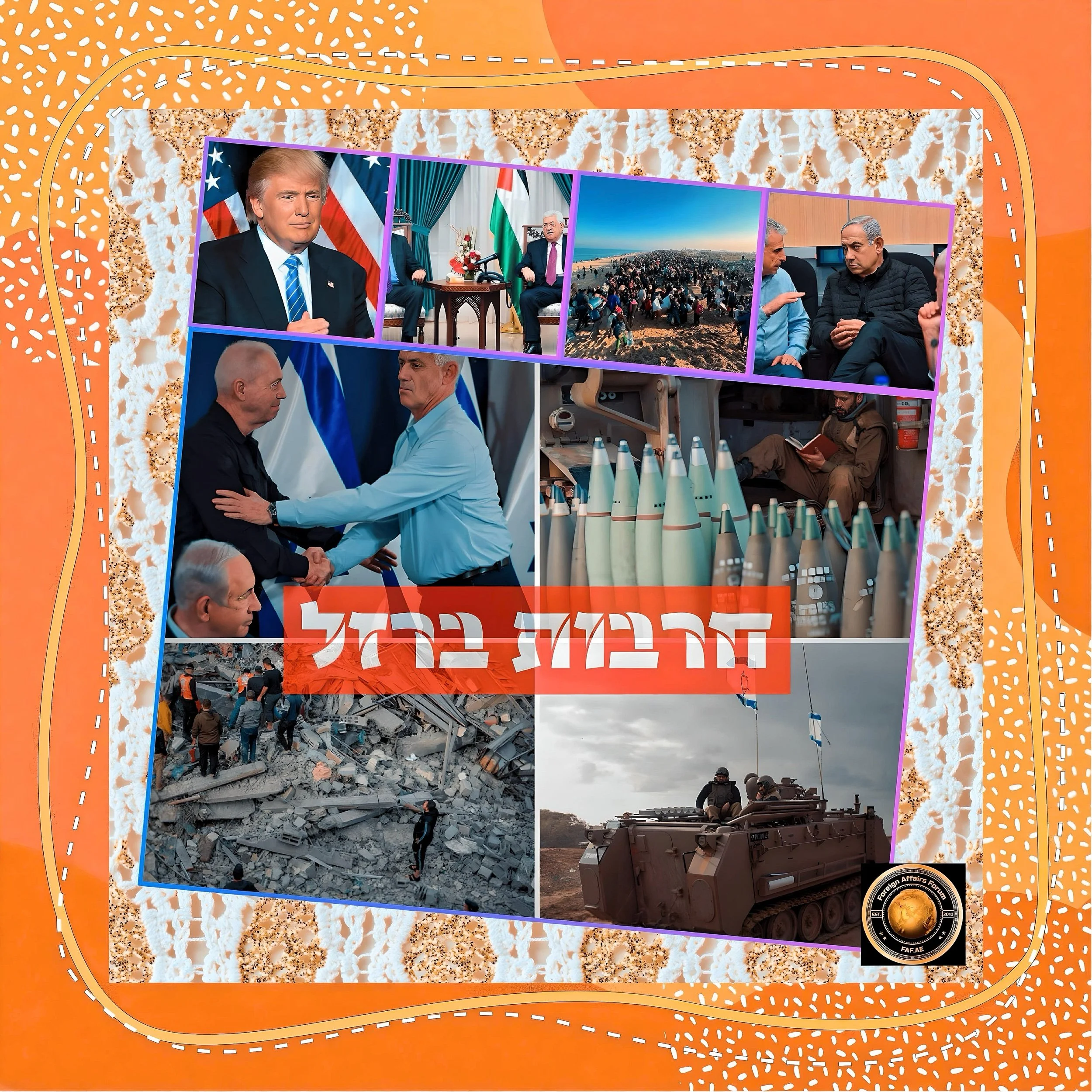Apartheid or Myth? Addressing the Claims Against Israel
Introduction
In recent months, particularly since October 7, 2023, Israel has faced accusations from various international voices claiming that it operates as an apartheid state. These claims, fueled by misunderstanding or misinformation, suggest that Israel enforces racial segregation and discrimination, much like the system that existed in South Africa. However, as someone who grew up in Israel and witnessed its diverse society firsthand, I can confidently say this portrayal is not only inaccurate but also undermines the unique beauty of our nation.
Israel demographics
Israel is a small country, but it is home to a rich tapestry of cultures, faiths, and backgrounds. Here, Jews, Muslims, Christians, and others live together—not in isolated communities, but in shared cities, workplaces, and neighborhoods. The coexistence of these communities is not theoretical; it’s a daily reality. Through this blog, I aim to share the truth about Israel—its inclusivity, its heart of blue and white, and its unwavering commitment to peace and acceptance.
Coexistence in Action
One of the most powerful demonstrations of Israel’s unique reality is the everyday coexistence that occurs between Jews, Muslims, and Christians. Far from the narrative of segregation, Israel is a country where these communities live, work, and raise families together.
In cities like Haifa and Jaffa, Jewish, Bahai and Arab citizens share streets, parks, and marketplaces. Arab Israelis study alongside Jewish students in schools, and many workplaces bringingpeople from different backgrounds together to collaborate. These cities thrive not because differences are erased but because collaboration and mutual respect are prioritized.
Israeli hospitals are shining examples of this coexistence. At hospitals like Tel Aviv’s Ichilov, Hadassah in Jerusalem, and Rambam in Haifa, Jewish, Muslim, and Christian medical professionals work side by side, providing care to patients of all backgrounds. These medical professionals don’t see each other as "other" but as colleagues united by a common goal: to save lives.
Programs like the "Shatil" initiative unite Jewish and Arab citizens to work on joint community projects, fostering trust and collaboration. These initiatives demonstrate that while differences exist, they are far from impossible, and people from all walks of life can unite for a common cause.
Diversity Beyond Religion
Israel’s acceptance extends beyond religious coexistence to embracing people of all colors and origins:
Ethiopian Jews
Immigrants who arrived in large waves during the 1980s and 1990s have become integral to Israeli society. They serve in the military, contribute to the arts, and hold positions in politics, such as Pnina Tamano-Shata, Israel’s first Ethiopian-born minister.
Migrant Workers
Workers from the Philippines, Thailand, and African nations play essential roles in healthcare, agriculture, and hospitality. Filipino caregivers, in particular, form meaningful relationships with elderly Israelis, showcasing a bond that transcends cultural barriers.
The Bahá'í Faith in Israel: A Global Symbol of Peace
Haifa, one of Israel’s most diverse cities, is home to a unique and globally significant site: the Bahá'í Gardens and the Universal House of Justice. The Bahá'í faith, which originated in Iran, faces persecution in its birthplace but has found a safe haven in Israel. Over 650 Bahá'í adherents reside in Israel to maintain this spiritual center, which attracts more than 1 million visitors annually and is celebrated as the 8th wonder of the world.
Israel’s respect for the Bahá'í faith
Demonstrates inclusivity. Despite political tensions with Iran, Israel offers refuge and recognition to Bahá'í followers, showcasing its commitment to religious freedom.
The Bahá'í presence in Haifa is a testament to Israel’s dedication to peace and diversity.
Most importantly Bahai’s are prosecuted in Iran since a century but they live and visit freely as a testimony of religious freedom in Israel.
Contributions of Muslims and Christians in Israel
Muslims and Christians are vital to Israel’s society, contributing in various fields:
Education
Arab students excel in universities, particularly in medicine, engineering, and business, driving innovation and growth.
Healthcare
Many Arab doctors, nurses, and researchers play critical roles in Israel’s renowned medical sector.
Military Service
While not mandatory for Arab citizens, many choose to serve voluntarily, contributing to intelligence and technology.
Culture and Politics
Arab citizens, both Muslim and Christian, contribute significantly to Israeli culture, arts, and politics. They hold positions in the Knesset and municipal governments. Arab Israeli artists, writers, and filmmakers are making their mark internationally.
Conclusion
Israel is not an apartheid state. It is a country that values coexistence, celebrates diversity, and accepts people from all walks of life, regardless of faith, color, or gender. The presence of Muslims, Christians, and Bahá'í followers within Israel is not tokenism—it is integral to the nation’s identity. From the shared streets of Haifa to the halls of its hospitals, Israel thrives on unity and collaboration.
As someone who grew up in Lod—a city of coexistence between Jews, Arabs, and Christians—I have experienced this firsthand. I went to school with Muslim classmates and formed friendships that continue to this day. Despite its challenges, Israel remains a place where acceptance and peace are more than ideals; they are lived realities.
Israel may be small, but it has a big heart—a heart that embraces all colors, all faiths, and all genders. This is the true Israel: a beacon of hope standing tall under its blue and white flag, sending a message of peace to the world.






